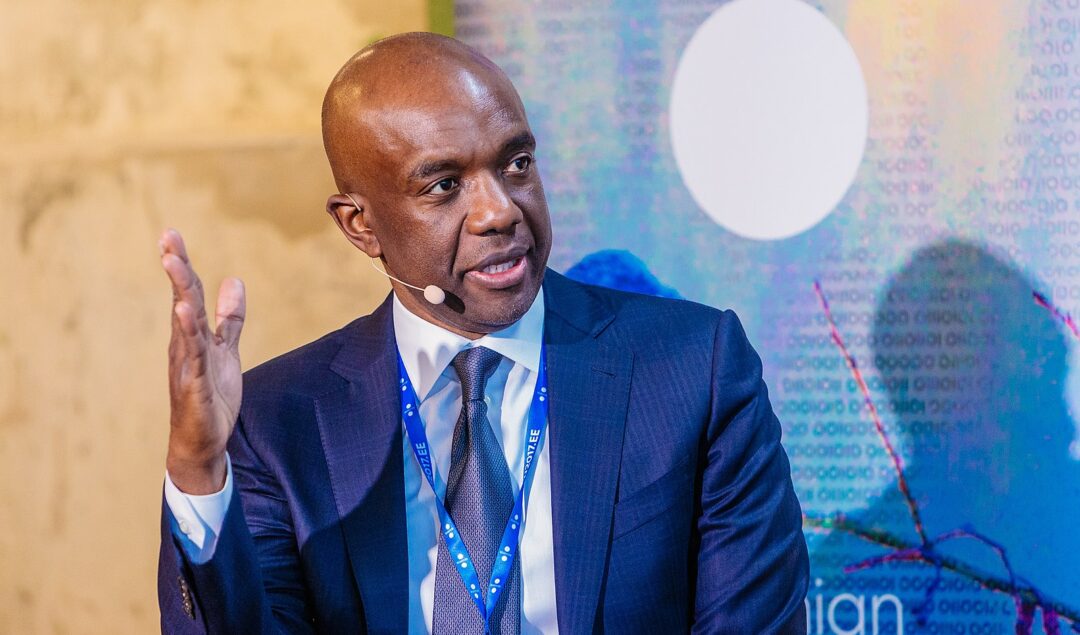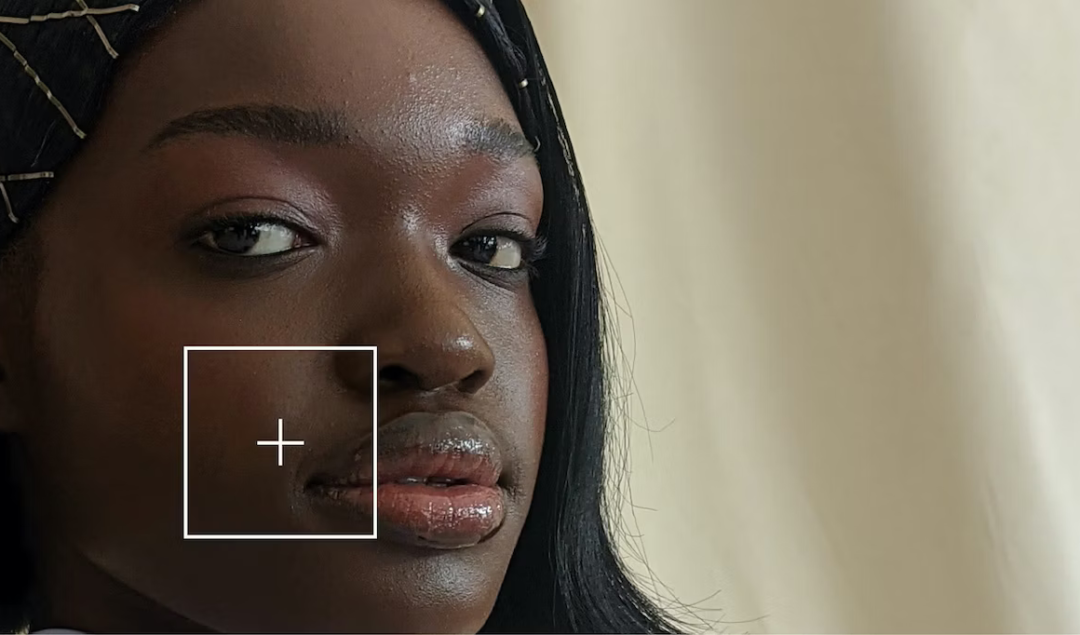The Southwestern Athletic Conference (SWAC) has announced a new partnership with Google. It aims to highlight Google’s Science, Technology, Engineering, Arts, and Mathematics (STEAM) platform systems for young college talent. SWAC is considered one of the premier Historically Black Universities and Colleges (HBCU) conferences in the country, and currency ranks among the elite in the nation in terms of HBCU alums playing with professional sports teams. The Initative Through the initiative, SWAC and Google are focused on providing an innovative approach to engage students in tech during their college tenure,
Google has announced an additional $2 million investment in Morehouse College and Hampton University as part of an ongoing collaboration with the United Negro College Fund (UNCF). According to UNCF, Google has invested over $50 million over a number of years to elevate talent and innovation at Historically Black Universities (HBCUs). Supporting students to pursue tech careers Morehouse College and Hampton University will receive $1 million each to invest in technical infrastructure aimed to support in-class and remote learning. The universities will also develop curriculum and career support programs for
Google and Howard University have announced a new partnership, Project Elevate Black Voices, to build a high-quality African-American English (AAE) speech dataset. The new partnership will allow Howard University to share the dataset with those looking to improve speech technology while establishing a framework for responsible data collection, ensuring the data benefits Black communities. Google has confirmed that the university will retain ownership of the dataset and licensing. Automatic Speech Recognition and Black People Automatic Speech Recognition (ASR) technology allows humans to use their voices to speak with a computer
Earlier this month, a leaked Google spreadsheet revealed that Black employees earn less than white colleagues, leaving questions about why this is happening and how things can change. We spoke to Black former Google employees about their experiences of negotiating their employment contracts at the tech giant and their insights. What did the spreadsheet reveal? The leaked Google spreadsheet, encompassing data from over 12,000 US employees in 2022, revealed that Black employees had an average salary of $ 147,000. By contrast, white employees earned $170,000 on average. White employees also
Airbnb has announced Google’s Senior Vice President of Research, Tech and Society, James Manyika, is joining its Board of Directors. Meet James Manyika Zimbabwe-born Manyika is Senior Vice President of Google’s Research, Tech and Society Team, a role which includes overseeing Google Labs and Google Research. Manyika is a graduate of both the University of Zimbabwe and the University of Oxford, where he holds two master’s degrees and a PhD in AI and Robotics. He also was a senior partner at McKinsey & Co. and sat as the chairman and
A leaked Google spreadsheet has revealed that Black employees at Google make $20,000 less on average than their white coworkers. Insider obtained an internal Google spreadsheet with over 12,000 U.S. staff reporting their annual salaries in 2022. The data covers software engineers, business analysts, salespeople, and legal counsel roles. Race disparities The data sheet found that Black staff at Google tend to make $20,000 less than their white co-workers, with $147,000 going to Black workers and $170,000 going to white workers. White staff also got $40,000 more in equity than
South Africa’s Competition Commission released a report that alleged that Google and tech companies were hindering fair market competition and the growth of South Africa’s digital economy. The watchdog claimed that Alphabet Inc. -owned Google’s search dominance “distorts platform competition” in favor of prominent market players. In addition, the report recommends several remedies focused on improving visibility for smaller South African companies in search results to address the issue. What did the report find? According to the commission’s report, Google’s model disadvantages new, small and underfunded South African businesses. The
Google’s Product Inclusion and Equity Team, led by Dominique Mungin, is working to ensure that the next generation of AI-driven image generation and recognition technologies does not perpetuate societal biases. Mungin, who has been at Google for 13 years, has worked on projects like the Monk Skin Tone Scale and Google’s Real Tone Tech. Now, her team has collaborated with Tonl, a stock photography company, to supply more diverse imagery for training machine learning models. In an interview with Tech Brew, Mungin admitted that skin tone challenges persist. An entire
GRAMMY Award-winning rapper Lupe Fiasco has collaborated with Google Lab Sessions to develop an experimental AI tool, TextFX. TextFX is an AI-powered tool for rappers, writers, and wordsmiths to enhance their use of lyrical and linguistic techniques. TextFX A play on the acronym for sound effects (SFX), TextFXis an experimental demonstrating how generative language technologies can empower the creativity and workflows of artists and creators. It was created in collaboration with Lupe Fiasco who drew inspiration from the lyrical and linguistic techniques he developed throughout his career. He frequently tinkers
Asmelash Teka Hadgu, the visionary behind startup Lesan, is changing the game for language translation, especially for Ethiopian Languages. Acknowledging the limitations of popular translation systems like Google Translate and Facebook, Lesan is on a mission to create language-specific technologies. Translating ‘low-resource’ Languages In an interview with Rest of the World, Hadgu explained that it has become urgent to create language-specific technologies because Google Translate and ChatGPT don’t fit the mark. AI translation models are known to be more accurate for ‘high-resource’ languages like English and Mandarin, and it was recently













